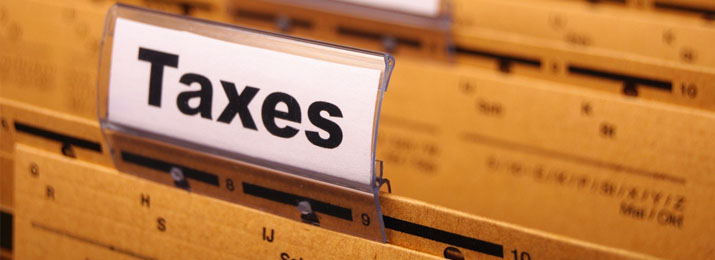So you finally arrive on this little red dot…… coat shed, shorts and flip flops on, Singapore sling in hand, it sure feels like paradise……then reality hits; bank accounts, property hunts, schools for kids and of course taxes!! But not to worry, go ahead and sip that drink, not only are taxes easy to understand and similar to what you would find in other developed countries, you will quickly realise that they are a lot lighter on the pocket (with a small caveat on cars) than most developed countries.
So let’s break it down, what are the main taxes that you need to be aware of that will affect you the most.
Personal taxes:
- Income tax – Not only is it incredibly easy to file your income taxes here (literally one simple form), it is also surprisingly low. Your income is assessed on the prior calendar year up to December 31st and your tax return must be filed by April 15th. The first S$20,000 of your income is tax free and then the personal income tax starts at 2% on the subsequent S$10,000 and gradually increases to 22% (increased this year from 20%) on income that is more than S$320,000. This was the biggest difference I noted when I first arrived here from the UK where the lowest tax rate was 20% and it progressed to a dizzying 45% at the highest bracket. Suddenly I had so much more money in my pocket after taxes. You are also entitled to a whole range of deductions and reliefs against your income including spouse relief if your spouse’s income is below S$4,000 and foreign domestic worker levy relief as mentioned earlier. Find out more here.
Some points to note;
- Year of Assessment (YA) refers to the year in which income tax is calculated and charged but confusingly refers to the income earned in the preceding year. Example: For YA 2017, the assessment is for income earned from Jan to Dec 2016.
- You pay the above income tax rates if you qualify as resident in Singapore i.e. you have spent more than 183 days in Singapore in the tax year. Singapore has double taxation agreements with over 50 countries and you may be entitled to double taxation relief as well as some exemptions depending on which country you hail from.
Generally, overseas income received in Singapore is not taxable. This includes overseas income paid into a Singapore bank account.
- Capital gains tax – Believe it or not, there is NO tax on capital gains in Singapore.
- Inheritance tax – Abolished in 2008 so no longer exists in Singapore.
Taxes on goods and services:
- GST – this is a sales tax of 7% which is incorporated into the price of most goods and services you purchase. It is levied by businesses doing more than S$1,000,000 turnover. This is nothing compared to the 20% in the UK.
- COE – if you choose to purchase a car in Singapore then you will have to purchase a certificate of entitlement which is effectively a duty levied on cars. This is likely to be the highest form of tax you will pay in Singapore but it is there for good reason. There is a hard limit on the number of cars in Singapore to help deal with pollution and congestion. The good news is with the amazing public transport network as well as the cost effective taxi fares, plus the arrival of Uber and Grab, you will most likely not be needing a car.
- ERP – this tax is again only applicable if you own a car. It is the equivalent of the congestion charge in London and you pay to enter certain areas of the city within certain hours. It is there to help reduce city traffic during peak hours.
- FDW levy – One of the other perks of living in Singapore is the foreign domestic worker. Most households employ a live in helper to aid in household tasks as well as helping to care for the children. If you decide to go down this path you will have to pay a monthly levy for this amounting to $265. However, working women can claim relief on the levy paid in the year against their taxable income.
All in all, Singapore is a relatively comfortable place to live tax wise. Although there are some hidden taxes and you may have to mortgage your home to own a car I am always amazed at the higher level of disposable income I find myself with here compared to my life in the UK.
Read more Singapore News and Breaking News here


